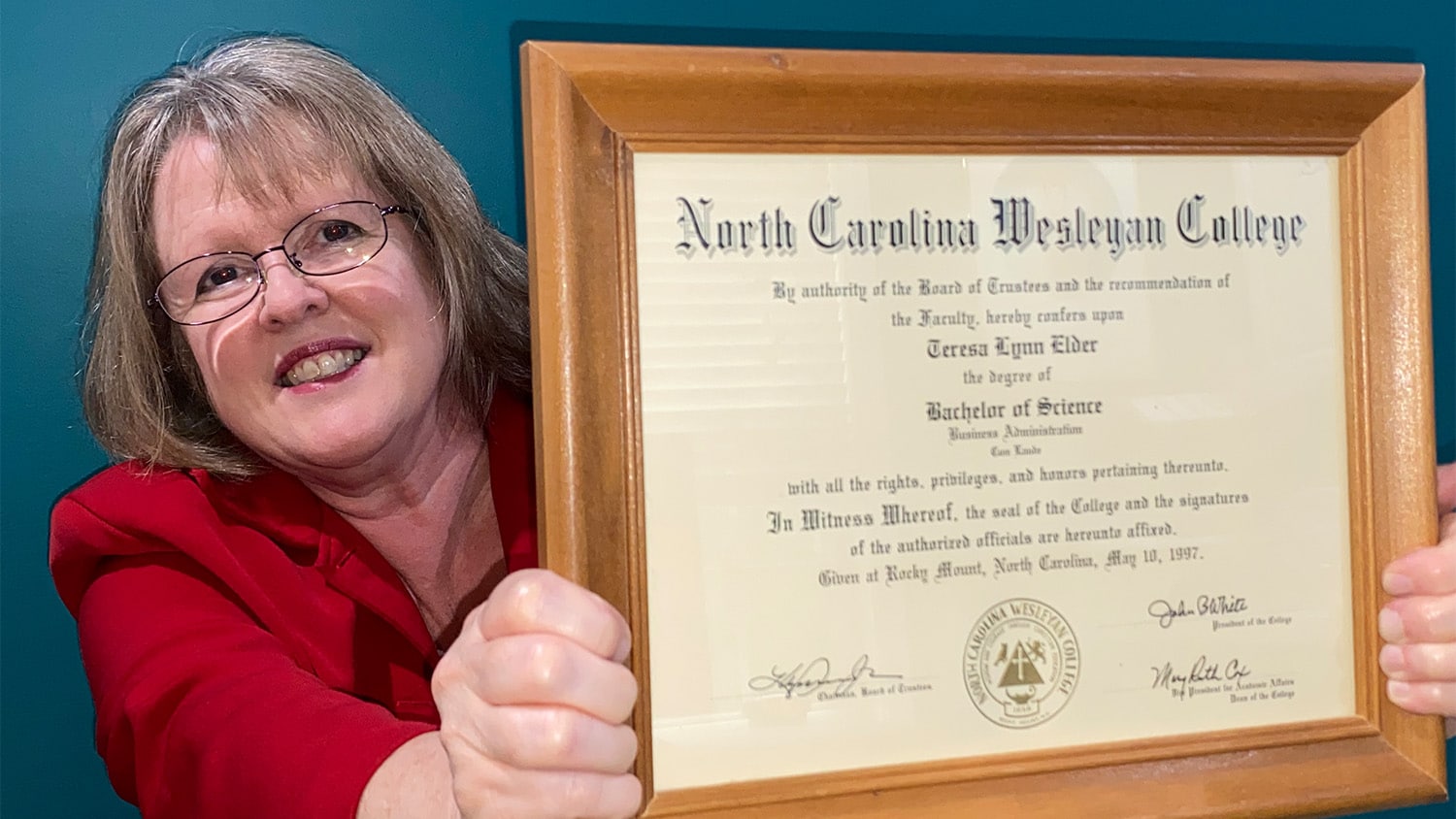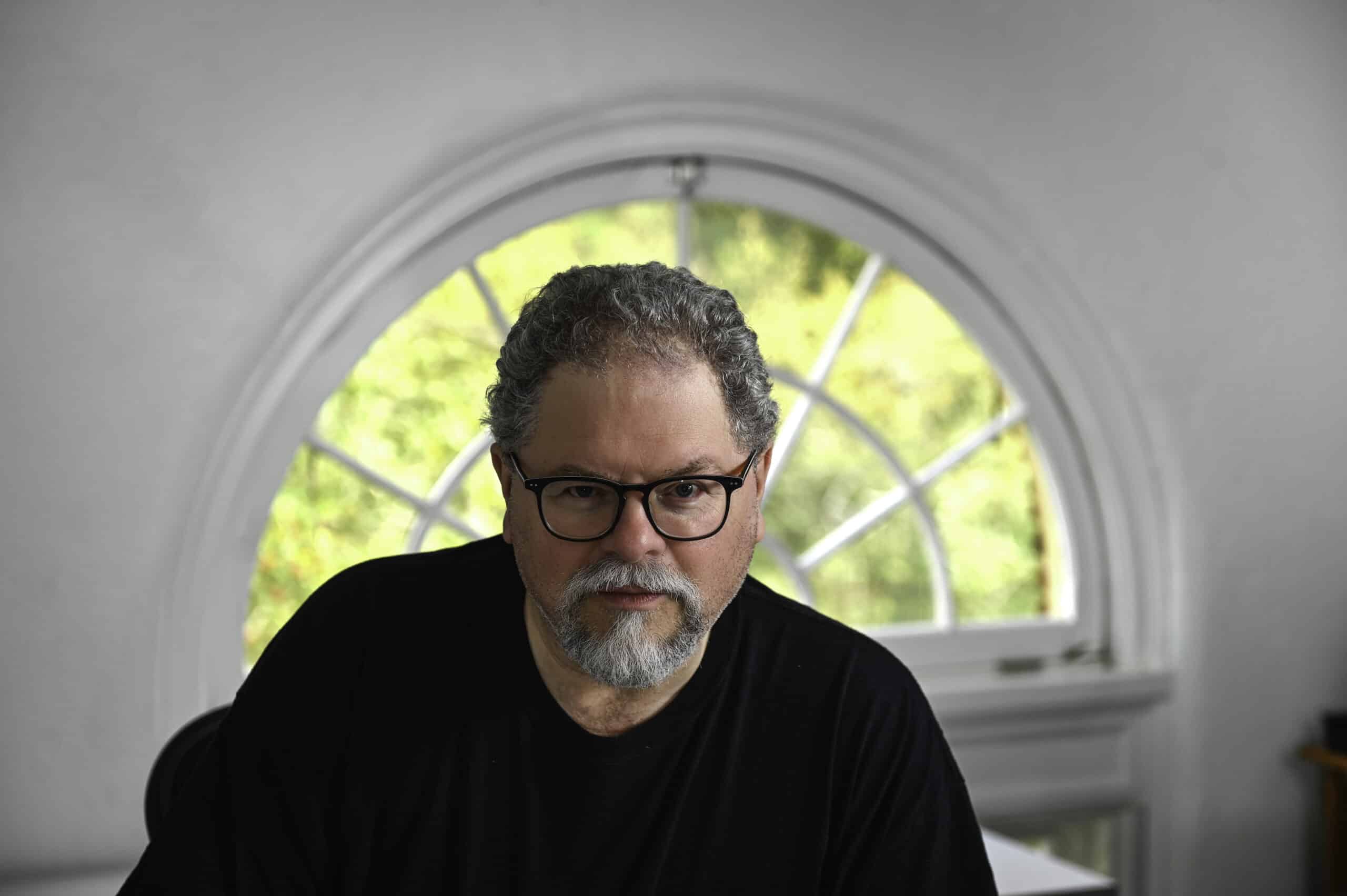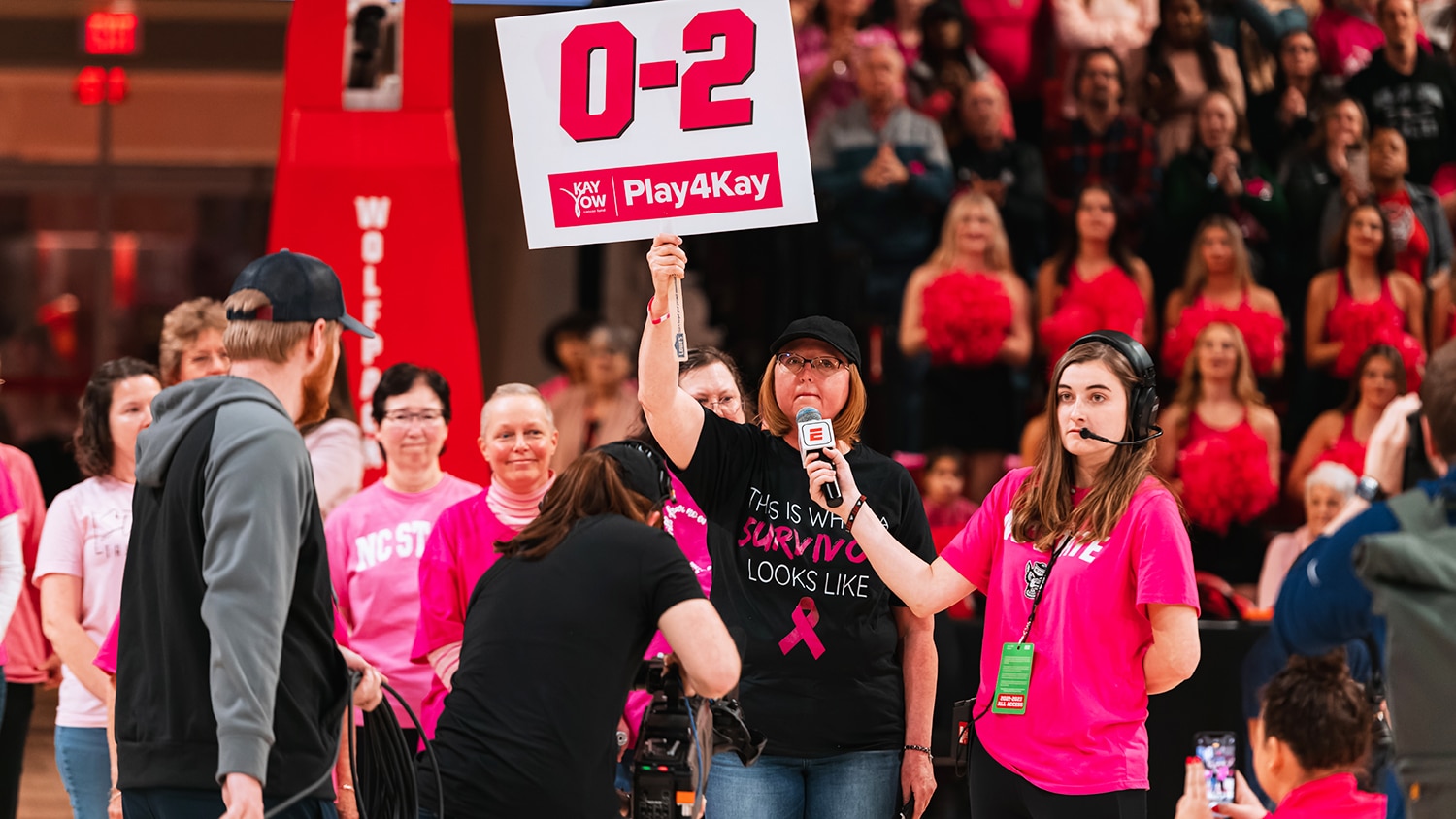2 Decades on the Front Lines of Emergency Response
In a first-person account drawing upon her experiences as an emergency responder, Justine Hollingshead shares strategies for getting through the coronavirus pandemic.
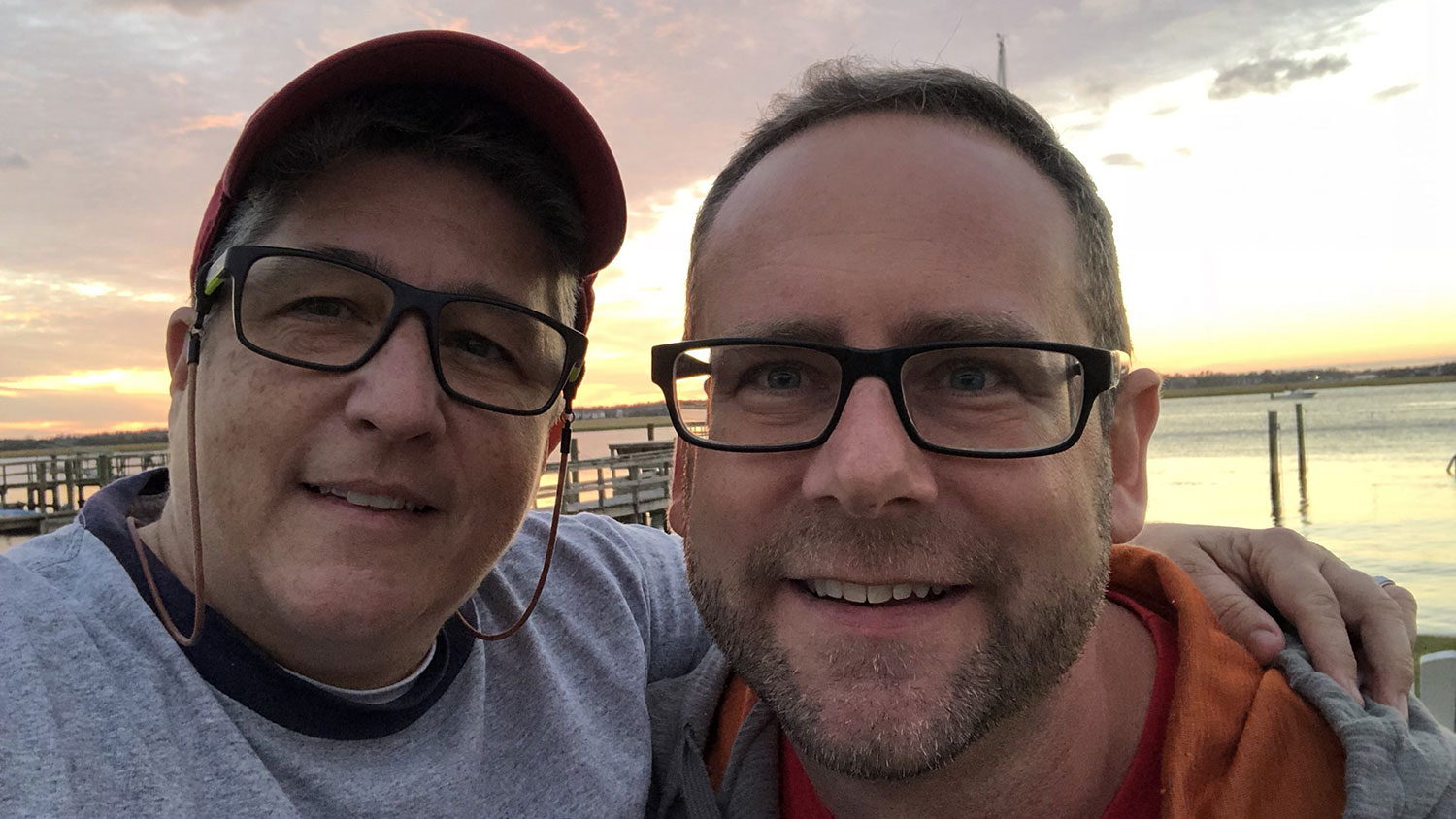
Voices is a series of first-person narratives written by members of the NC State community reflecting on experiences that have shaped their personal and professional lives. Justine Hollingshead is chief of staff and assistant vice chancellor for the Division of Academic and Student Affairs.
I grew up in small-town America, raised by a mom who was a nurse and a father who was a volunteer firefighter. They taught me the importance of helping others, and I was following their example when I became a certified emergency medical technician and rode in an ambulance with Cary Area EMS for 18 years.
My connections with the emergency services world have given me many opportunities to do disaster response and relief work across the state, around the nation and even overseas; but like most of us, I’ve never faced anything quite like the coronavirus pandemic.
Still, my experiences have taught me some valuable lessons about how to respond to a crisis, no matter what causes it.
Find Something You Can Accomplish — And Do It
In January 2010, a 7.0 magnitude earthquake struck Haiti, killing at least 100,000 people and devastating the country’s infrastructure. In the immediate aftermath I spent three weeks in Haiti as a volunteer relief worker, and it was the most challenging three weeks of my life. I was not personally prepared for what I would see and experience there: the smell of death, the unimaginable living conditions or watching a child take her last breath while lying on the ground.
When I showed up to work at a relief hospital, I felt completely overwhelmed because the situation was absolute chaos. No one was running things; no one was in charge of it all. Trying to find some way to be helpful was like going to the beach and picking up a seashell and seeing a thousand more seashells on the sand. What could I do to make a difference?
I noticed that they had this loading dock area with all these medical supplies donated from all over the world, and these surgeons would come out onto the loading dock looking for random things that they needed. I’m a very type A, organized person, and I realized that one thing I could do to make an impact was to organize that loading dock. So I made that my job. I took responsibility for it.
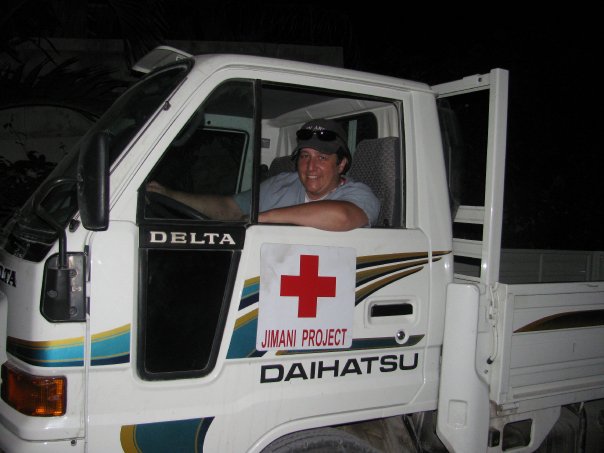
It took me seven days, with other people helping, to get that area organized. It became a way to make order out of chaos in the moment. So for me the takeaway there is if you’re feeling overwhelmed, find something you can accomplish, and do it. It doesn’t have to be huge for you to make a difference.
Build Relationships, and Don’t Be Afraid to Ask for Help
When Hurricane Florence hit North Carolina in 2018, my friend Peter Groenendyk, the director of housing at UNC Wilmington, evacuated with a group of their international students to UNC-Asheville. After the storm, Peter called me when he was driving back to Wilmington and asked if I would be his in-person OnStar guide because so many roads were closed. We got him back home OK, and I told him, “If you need anything else, let me know.”
Soon he called me back and said, “Hey, is there any way could you help me out with this massive laundry problem?” They had flooding in their residence halls, and one of the first things they had to take care of was to get all the wet laundry out of the buildings and get it washed.
So I said sure. I pulled a team of 18 people together, and we went down there to help. In UNCW’s disaster response plans, NC State was officially listed as the laundry team. But when I arrived I saw that they needed help with way more than laundry. Their staff were so overwhelmed. Some of them had lost their homes; some had lost loved ones. So the team stayed there for four or five days doing the initial work Peter asked us to do, and I stayed on to help out with administrative and leadership challenges for another month.
The problem is that institutions in higher ed sometimes have a problem dealing with catastrophe because they’re not always good at asking for help. In the emergency response world, the reigning principle is mutual aid. Agencies ask for help from each other all the time. Higher ed tends not to be comfortable with mutual aid or understand the concept. But because of our relationship, my friend knew he could ask me and NC State for help.
I think the important thing to understand here is that relationships are critical. Relationships create a pipeline for responding to a situation. And it’s not just your preexisting relationships; while I was at UNCW I forged new relationships that helped us accomplish the tasks in front of us.
Maintain Human Connection and Share Information
Since I got hired at NC State 25 years ago, I’ve worked in a variety of roles on campus. Part of my current job includes making sure our division focuses on emergency preparedness and crisis response in collaboration with Emergency Management and Mission Continuity.
After the coronavirus pandemic hit and Chancellor Woodson issued the order in March for nonmandatory employees to stay off campus, we started getting feedback from DASA faculty and staff saying they didn’t feel connected enough to the division or the university anymore. That made us think about the importance of finding a way to maintain human connection and share information, which people often don’t stop to think about in a crisis or emergency. You just get in the zone of responding and doing tasks rather than thinking about people feeling connected so they know what to do, even if that just means staying home and being safe.
So I thought it would be a good idea to start having weekly Zoom meetings for the whole division, and that’s what we’ve done. I lead the meetings as the “mayor of DASAland,” which is a way to use humor in the situation, which I tend to do. Maybe I use humor too much? I don’t know …
In the meetings we do round-robin updates from different units within DASA. Dr. Julie Casani, the director and medical director of Student Health, gives us the health perspective, and we hear from HR, finance, et cetera. We do a lot of Q&A via chat, and we answer every single question we get, either right away or later if need be.
DASA is a big division, with about 500 employees, and we get about 360 people in each meeting. We record the meetings and upload them to YouTube for those who can’t make it to the live one, and we get about 75-plus people watching those, so overall we have very high levels of participation every week.
That participation speaks to the need that we’re meeting, and I think it shows how we’ll all get through this thing: by asking for what we need, building relationships, maintaining connections and doing what we can to make a difference.
- Categories:
